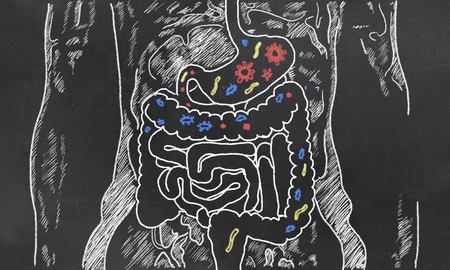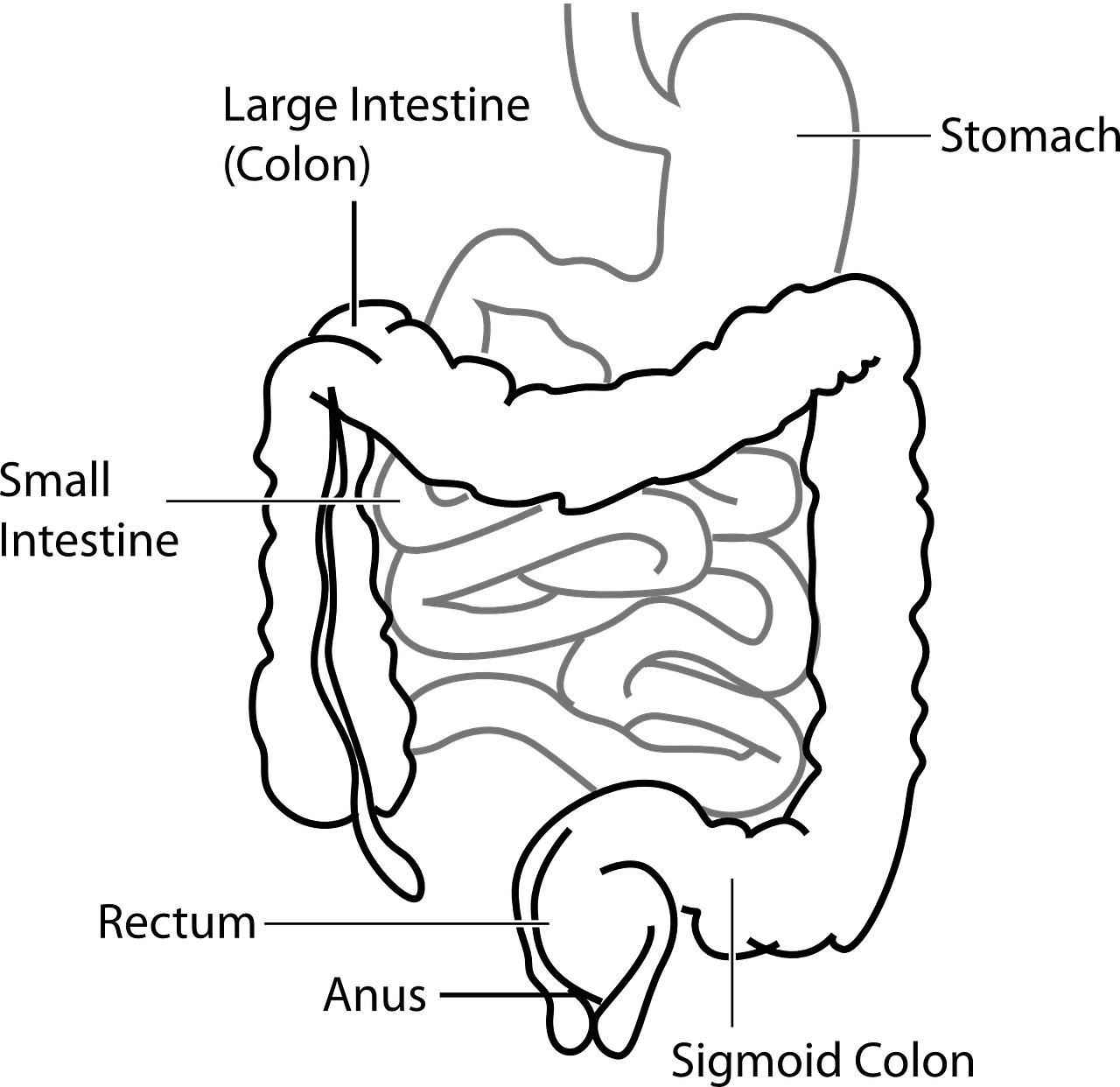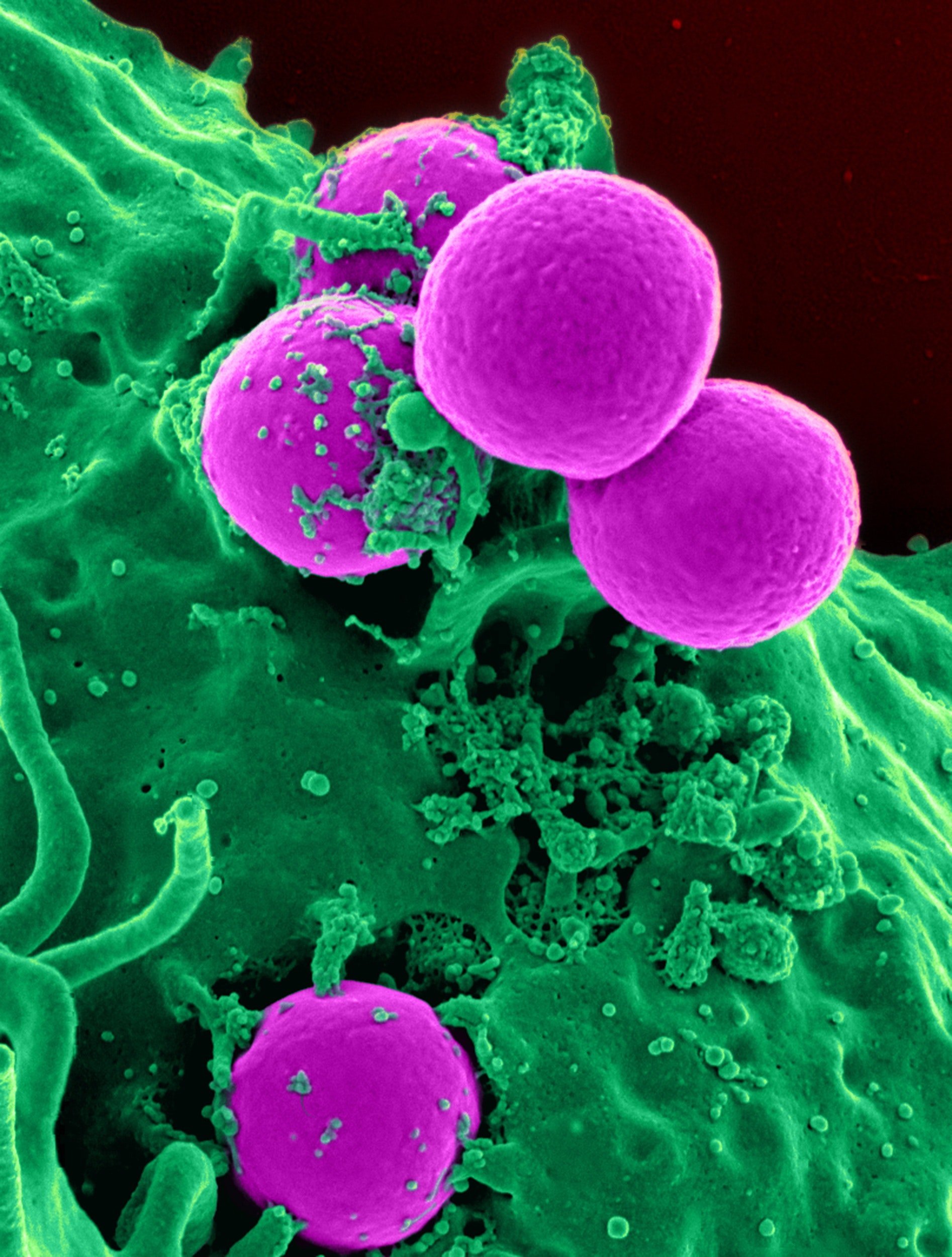3 Keys to Improve Digestion
Are you looking for ways to improve digestion from the source? Many patients I see are frustrated from constantly experiencing digestive issues and not finding a reason for the problem. It seems they are on a continually search for a solution. They will hop from one supplement to the next or one diet to the next like leap frog. Is it possible that they just have not tried the right solution yet, or did they not take the right dose, or did they do something in the wrong sequence?
It could be any of these and many of my patients come to me having tried many things. Often times they even say, "I have tried everything." Maybe this is you too. I am going to help you think about what you actually did (or can do) in the context of your digestive function. We are going to find out where you went wrong and what the problem actually is.
The question they ask and the one you should ask too is; how do I know what and who I should follow?
The answer is follow what makes the most sense for your symptoms. In other words let your symptoms tell you what is going on. When you can clearly see the pattern that is throwing your digestive health off, you won't have to follow someone else's direction. In this article we will focus on understanding and recognizing the patterns of digestive problems and how to improve digestion. However, before we start with the specific problem areas, you need to start at the beginning. The beginning is some form of evaluation. You may know where you want to go (better digestion, less gas, less symptoms, etc) but where are you at now?

Improve Digestion Key 1: Evaluation
So what exactly is the problem with your digestion? Which symptoms do you have:
- gas
- bloating
- pain
- constipation
- diarrhea
- acid reflux
You should rate these symptoms on a scale from 1-5. Do you have other symptoms like:
- headaches
- joint pain
- skin rashes
- weight gain
- autoimmune disease
Rate these symptoms from a scale 1-5 as well. feel free to include other symptoms you are having that are not listed here. This process will help you clearly see and understand your progress as you make changes to improve digestion. This is key because sometimes you have unexpected changes from the things you introduce.
Improve Digestion Key 2: Food First
Despite the obvious and intuitive correlation between food and digestive problems (and health in general), many fail to recognize the huge impact it can have. Equally problematic is they ascribe too much weight to a particular problem food. For instance, you might say I have a major gluten sensitivity (or intolerance) and avoid it at all costs. However when you experience a digestive problem you might say "there must have been gluten in something I had" or " I know this was gluten free pasta but why am I reacting to it?" This will become clear when you understand the other or true source(s) of the problem.
The main reason foods have such a big impact one digestion is because they interact with the mucosa, immune system, and microbes in the digestive tract. If these interactions are good and positive the source of your digestive issues are not from food. However there are several ways in which the foods you eat are having a negative impact on all three. Finding and removing these foods will improve digestion. Here are some things to consider:
1. Your digestive mucosa is the delicate lining inside the digestive tract that separates our insides from the outside world. Damage to this lining can lead to poor absorption and chronic inflammation. Damage can occur from several sources like pathogenic microbes, immune reactions (see below), and some foods can directly damage the mucosa. Foods that can be directly damaging are foods containing pesticides and other toxins. Histamine containing foods can also cause damage and when in excess can lead to leaky gut syndrome. The question to ask yourself is, "are your digestive problems occurring from inflammation and mucosal damage?" If so removing these foods will improve digestion. There are several different tests to identify various levels of mucosal damage, leaky gut syndrome, and inflammation. The most consistent symptom seen with mucosal damage is pain.
2. Your immune system does a lot of things like fight off colds and flu but it also helps your body protects itself from bad food or bad stuff that is on food. You can think of it like your bodies surveillance system. As it wraps itself around your digestive tract it sifts through the food (and other things) that enters into your body. Each time a pathogenic microbe or "bad" food particles tries to enter the body, the local immune system is triggered. It then sends a signal that recruits other immune cells to contain the threat. When this happens with food, it is called a food sensitivity or a food allergy. This immune reaction will cause damage to the mucosal. Immune mediated food reactions can also cause changes to the underlying digestive function leading to constipation, diarrhea, acid reflux, etc.
For most people it's not always obvious which foods are triggering the immune response because there is often a delay in the reaction (up to 24-48 hours). There are several ways to identify which foods are causing food immune reactions through blood tests. Frequent colds and flu are a good indication this could be your problem. Many digestive issues can be tracked back to foods that are triggering the immune system and thus having a negative priming force. Identification and removal of these foods are key to improve digestion.
3. The microbes inside your digestive tract are very diverse and vast in numbers. They play a big role in maintaining the health of your digestive tract and your health in general. They do this in unique ways some of which are still unknown. These "good bacteria" produce vitamins and other nutrients for the body by utilizing food particles that our digestive tract cannot breakdown, like fiber. Some foods feed the microbes too much leading to excessive growth of the microbes, fermentation, gas, and ultimately digestive problems. If you are experiencing lots of gas, distention, and bloating, it is important to look at the relative abundance of good bacteria as a potential source of your digestive problems. Good bacteria are important but too much is not good either. Having a balanced Microbiome is key to improve digestion.
Gas and bloating your main symptoms? Check this article on SIBO
Improve Digestion Key 3: Focus on Function
Many times the underlying function of the digestive tract is not working to it's fullest capacity and needs support. We can think of these functions based on their respective locations. For instance the stomach produces stomach acid and enzymes. The small intestine have specific enzymes that are needed for proper food breakdown and absorption. The digestive tract also has it's own nervous system activity and when it is faltering the food does not pass through at the right speed leading to constipation or diarrhea. These are a few examples of digestive functions that can improve digestion when additional support is needed and given.
Digestive problems can cause so many other health problems it is often the first place I look when patients are having health issues, especially if they are chronic. Because of the broad reaching effects of digestive issues it is well worth the effort to find and fix the source of the problem. Thinking of the symptoms in terms of where the altered function might be, helps to track backwards to the source.



















